
“It is necessary for teachers of the Greek language to come, as before, to organize more cultural events and excursions, to distribute books, manuals and teaching materials in Greek,” a 33-year-old man tells K. Pasquale Dinery, resident of the village of Palici in Calabria, Greek by origin.
From time to time we watch, mainly through television programs and documentaries, footage from the life of our emigrants in Greek-speaking villages Lower Italy. Enriched with necessary elements of folklore, these tributes highlight their linguistic language and cultural activities, evoking our emotions and pride in preserving elements of Hellenism.
But what is the reality faced by residents and especially young people in Greek-speaking areas? What is the conservation status of the Greek of Lower Italy and what efforts are being made by the local authorities to preserve the linguistic and cultural elements? Are young people learning the new Greek language? And what is the contribution of the Greek government in this direction?
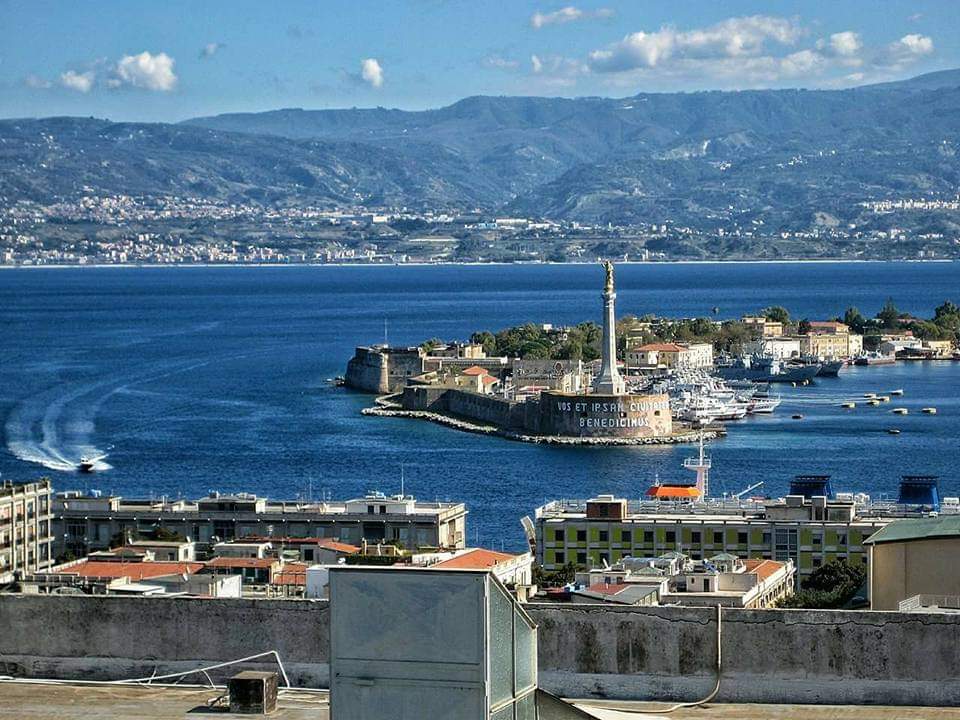
“New Life” of the Greeks
In area Greece Salentina Southern Italy (Salandian Greece in Greek), in the villages of Aspromonte in Calabria and Salento in Puglia, in addition to the Italian spoken almost exclusively today, the Lower Italian or Graicanian dialect, a Greek dialect with Italian elements spoken by the Greeks. speakers of Lower Italy, known as Grico in Apulia and Graicani in Calabria. “This is a medieval dialect, which of course also contains newer elements that make it related to modern Greek,” says K. Daniele MakrisGreek-Sicilian professor of history at Messina, president of the Greek community there.
“Greek is spoken until the current generation of fifty-year-olds, the last, that is, those who heard the language from their parents in families of native Greek origin. These people know the language or understand it to some extent, but they do not have the opportunity to practice it in society, and therefore they gradually forget it, ”explains Luigi Garissisociologist at the Center for Research in Psychology and Sociology in Bologna.
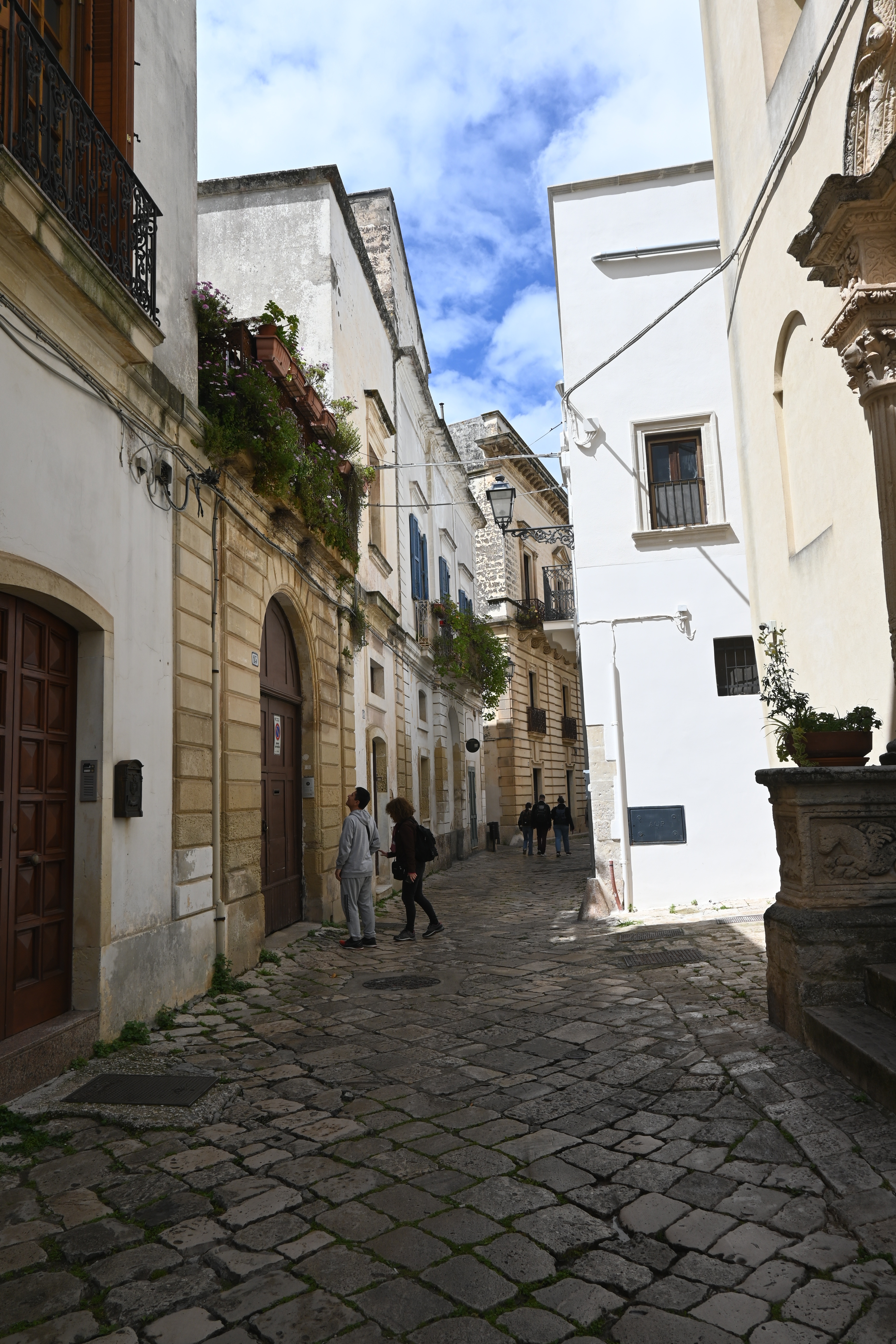
Villages where this dialect is still spoken in a significant percentage there are 10 of them in the prefecture of Lecce in Puglia, 16 in the prefecture of Riga, Calabriabut also used in city of Messina in Sicily. However, there are quite a few positives, especially in the Salento area.
“The dialect has for several decades enjoyed a new life in the theatre, in literature and especially in music, both through philological revival of the traditional repertoire and through new record and publishing products in all areas.
These bands are Canzoniere, Grecanico, Ghetonia, Avleddha, Mala Agapi, La Bottega del teatro and of course the Greek band Encardia,” says Garissi. They were also created mugs for very young children who are engaged in the study and revival of the Greek language, wishing to restore its use. One of the most important events is the Greek Week.
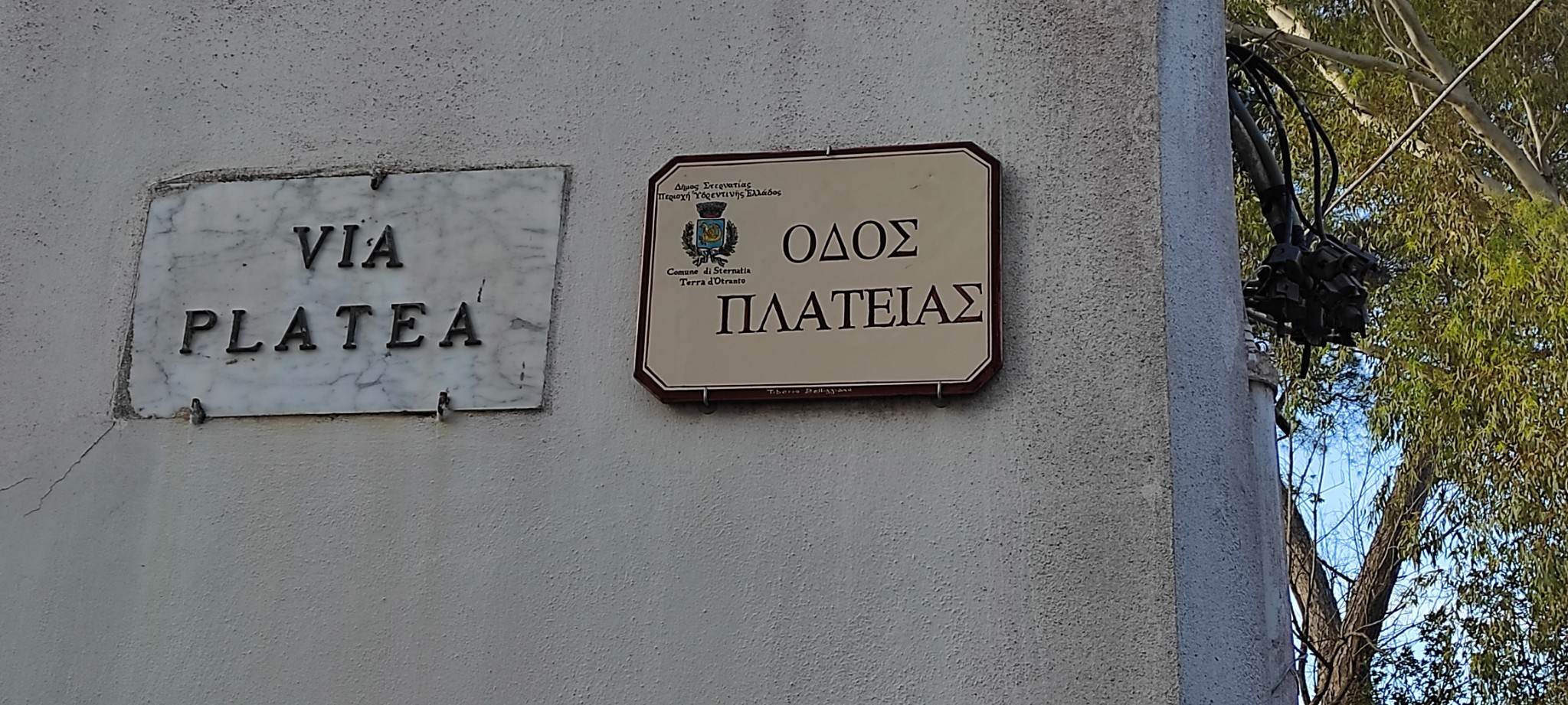
Initiator, founder and representative of the Encardia group Kostas Constantatos associated with the region of Calabria since 1992. “I was there not as a musician, but as a hagiographer at the monastery of St. John the Reaper in the 12th century,” he says.
Encardia started their musical journey with a great love for Greek music and cultural traditions in the Greek speaking regions. “We have written a few songs in Greek and a lot in modern Greek, but we have always been inspired by the music and sounds of the region, which is mainly the Salento plain in Southern Italy.” The songs are modern, with strong traditional elements.
“In the following years, the group had a relationship with Puglia, the upper region of Southern Italy. We made many trips, more than 40-50 in total, both individually and all the participants together,” Konstantatos recalls.
As we speak, he and the other members of Encardia are in the Greek-speaking village of Kalimera. On April 20, the mayor will confer on Constantatos the honorary title of “Honorary Citizen”. And this is because “I have been involved in the culture of Southern Italy for many years, but mainly because with the group we have done many actions in the region, participated in other events and invited musicians to Greece for concerts. “.
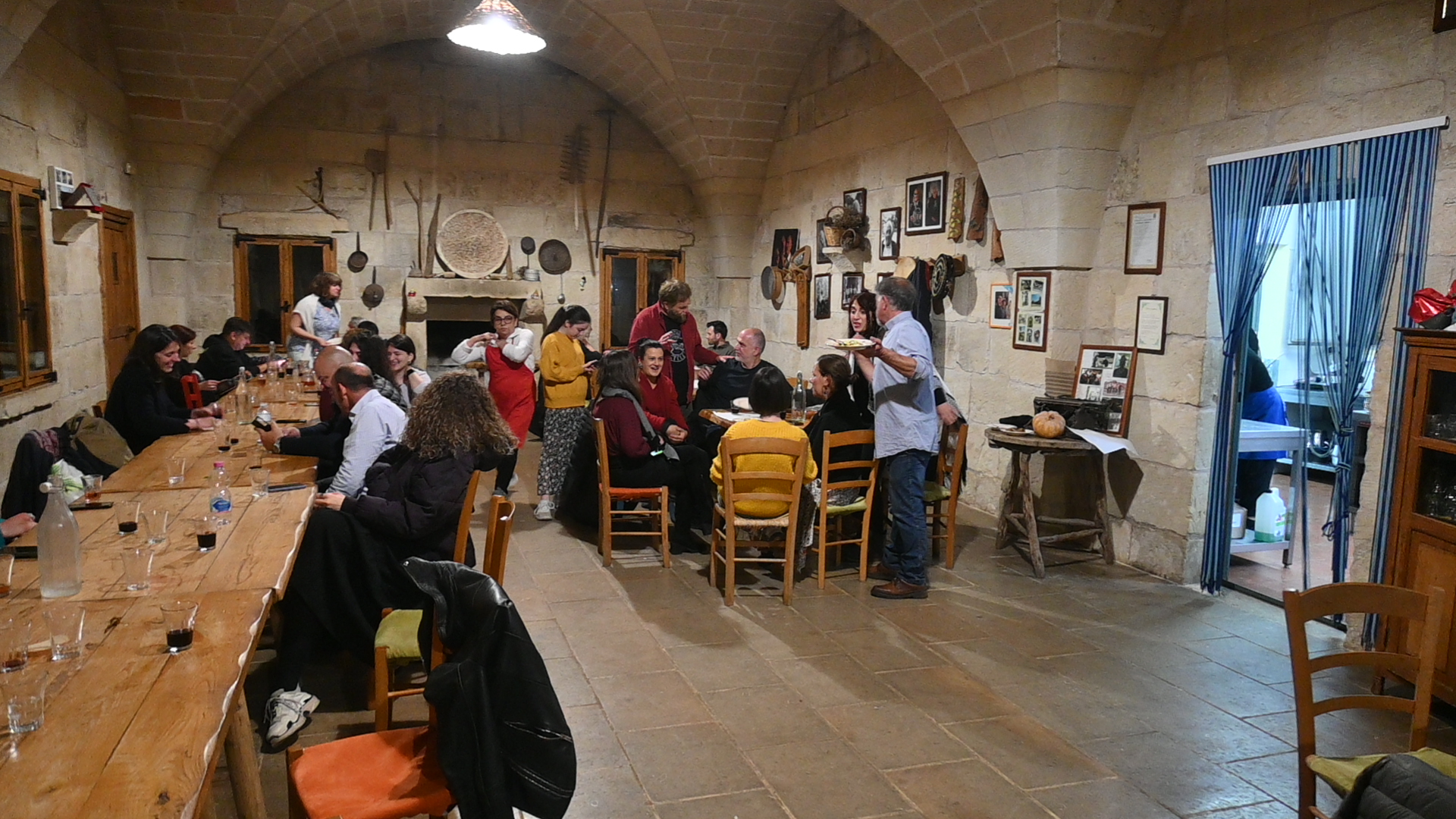
Learning New Greek
Notably, several young residents of Greek-speaking areas are willing to learn the new Greek language in courses offered by the Greek community and cultural associations. “School, thanks also to the new laws of the Italian state for the protection of linguistic minorities, suggests the study of the language or its use in teaching and laboratory work,” says Garissi. And he adds: “In this way, children learn about their cultural and linguistic history and can still receive feedback from their families.”
Between the 80s and 90s until around 2010, several people were sent to Greek-speaking villages, according to Mr Makris. teachers seconded by the Hellenic Ministry of Educationwho performed an important task, as they were the main lever by which these villages were reunited with Hellenism. “In 2005, 2006 and 2007 evening courses in New Greek were held, either by community volunteers or seconded teachers. The latter declined sharply after 2010 due to the well-known economic problems of Greece.” In 2012, the municipality of Messini was named a Greek-speaking minority municipality.
In 2018, the Greek Language Department was established by the Ministry of Education and Religious Affairs. “It worked great for four years with her help. royal fantasywith over 150 students, of whom at least 80 were Greeks,” explains Mr Makris.
The teacher Vassiliki Pantazi taught in Messina at the elementary school, kindergarten and high school in the mornings, and at the high school and in the community in the afternoons. She says that there were only a few people of Greek origin in the area. “Those who had Greek roots were special cases who could not access the Greek language, but this was made possible with my help. It was impressive that those who had the desire and thirst to learn a new Greek language were Italians or local Italians who married Greeks.”
His seven year old daughter Mestoushi pantels, Greek from Chios, who married an Italian and lives in Messina, is currently attending the new Greek classes taught by Ms. Pantazi via the Internet. These courses are free and offered by the shipping company as an aid to Greeks in Italy. He explains that “it was not easy for a girl to learn the language from me. If the mother were Greek, it would be easier because she spends more time with the baby at home. Now he can get along with my family in Greece.”
34 year old Arianna Melluso, graduate of the School of Fine Arts, is a resident of Messina. Her father is Sicilian, her mother is Greek from Serra and her grandparents are from Kos. “My mother came to Sicily to study, she met my father and they stayed in Messina. Here, those of us who are of Greek origin speak New Greek in everyday life,” she says, adding that she would like to live in Greece because she likes the mentality there more than in the more “closed” Messina.
Dineri began to learn the new Greek language, like his friends, at the cultural club. His parents, grandparents come from the Greek-speaking areas of Palici, Bova Marina, Bova Superiore, while his wife is from Palici. “I only learned a few words in the dialect from my parents and relatives,” he says. When he visited Greece, he was fascinated by the Acropolis and perhaps would like to live here.
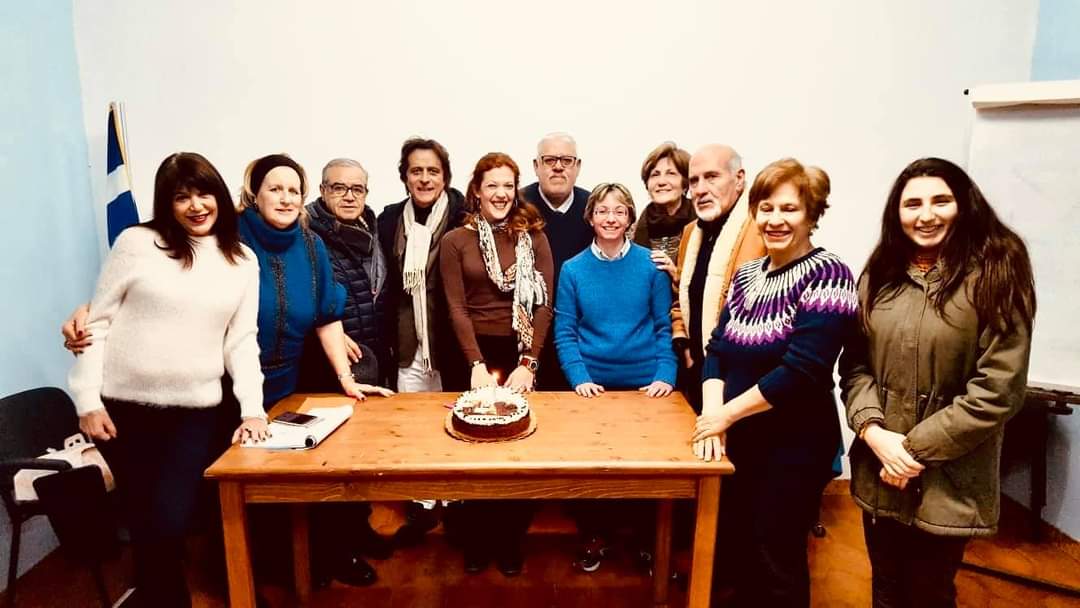
“Your tongue in my heart”
The social life and life of young people in the Greek villages are no different from those in all of southern Italy. OUR unemployment, coupled with a significant distance from large cities, is pushing many young people to leave their places. “In Calabria, desertification has been very intense since the seventies, which cannot be said about Salento, where Greco villages are fully integrated into the social fabric and offer many opportunities for young people. Of course, we are seeing ongoing intensive migration, but we can’t really talk about desertification,” says Garissi.
Factors that help young people to be closer to Greece are definitely family and the Greek state with excursions and hotel programs. “Communities are an intermediate link between families and the Greek state. We are always grateful to the General Secretariat of Hellenism Abroad, which is at the forefront to solve and help the problems of the Diaspora,” says Mr. Makris.
According to the 33-year-old journalist, the Greek community of Messina has 150 members. Christina Provenzano“not all of us are of Greek origin. We are Greeks and philhellenes.” Among them are young people who want to leave and settle in Greece. conferences, musical and theater performances to pay homage to the language.
Provenzano she stresses that her love for Greece began in high school, and her connection with the country deepened when she first met the Greek community and its president. In 2018, she began learning Greek, which she says is in her heart. “We share the same values as the Greeks, united by a common Mediterranean identity,” he says emphatically. “The Greek community wants to preserve in our country your language and culture, which have shaped your world-famous historical heritage. We we intend to jealously preserve them“.
Source: Kathimerini
Ashley Bailey is a talented author and journalist known for her writing on trending topics. Currently working at 247 news reel, she brings readers fresh perspectives on current issues. With her well-researched and thought-provoking articles, she captures the zeitgeist and stays ahead of the latest trends. Ashley’s writing is a must-read for anyone interested in staying up-to-date with the latest developments.